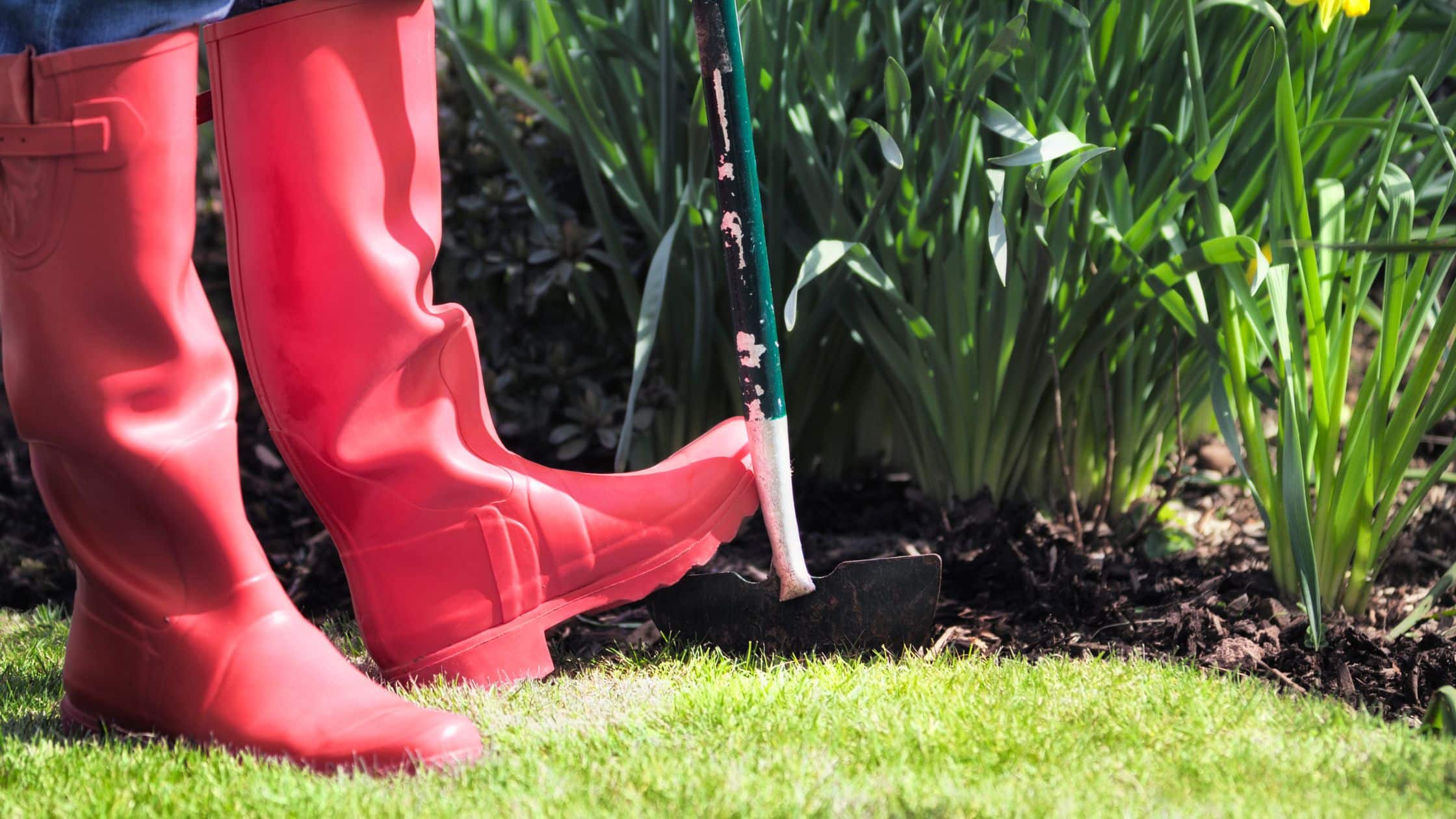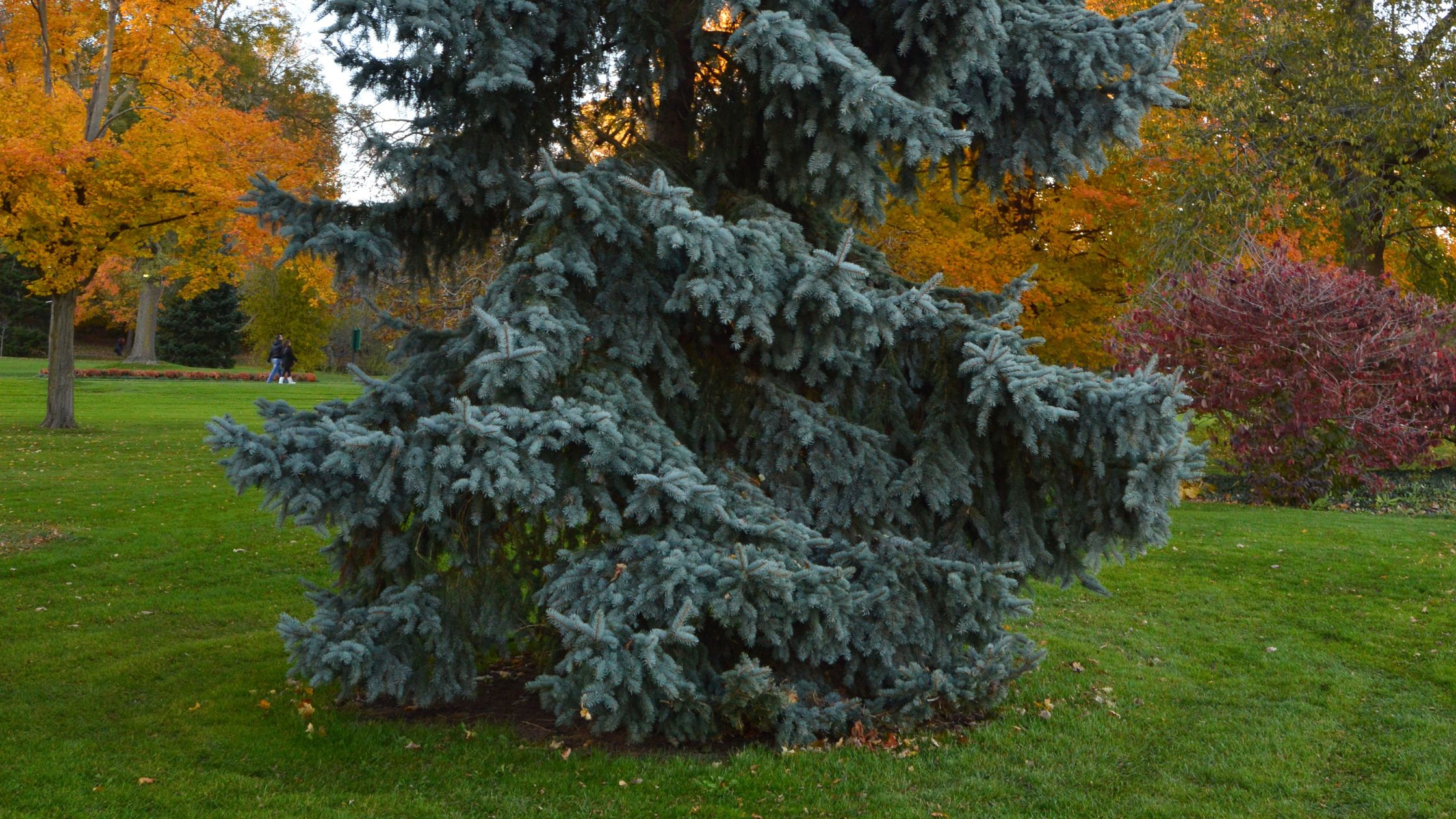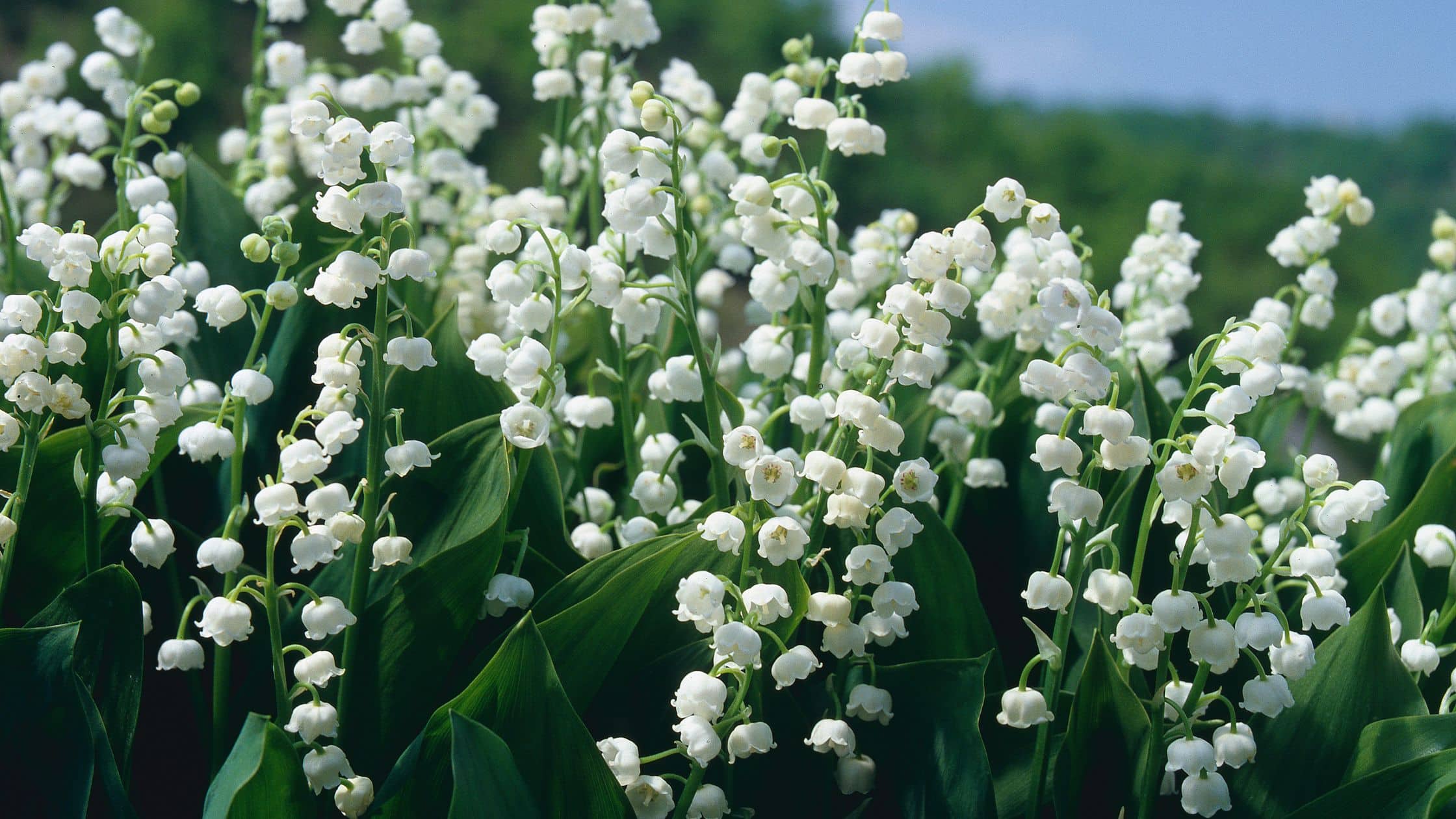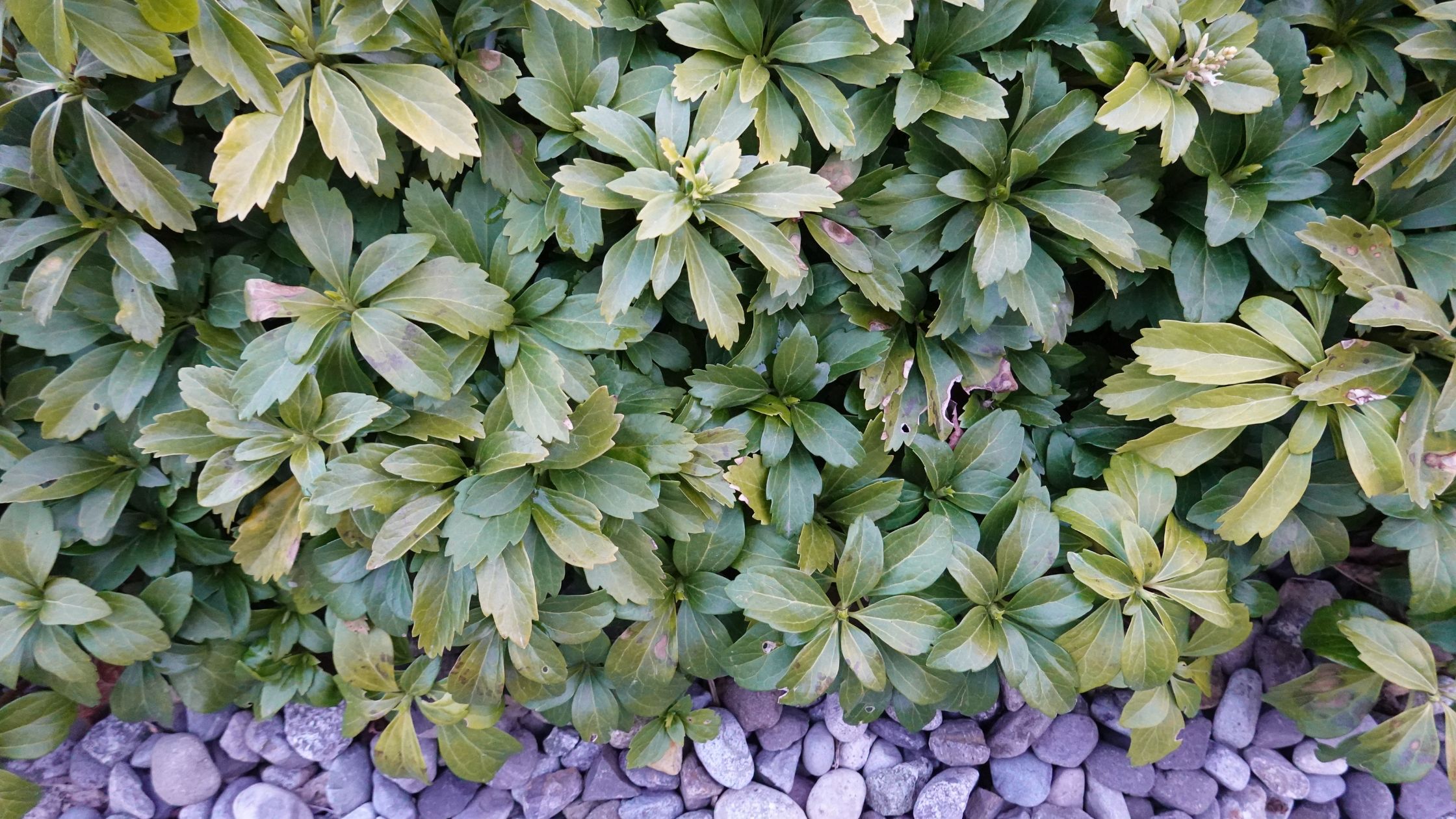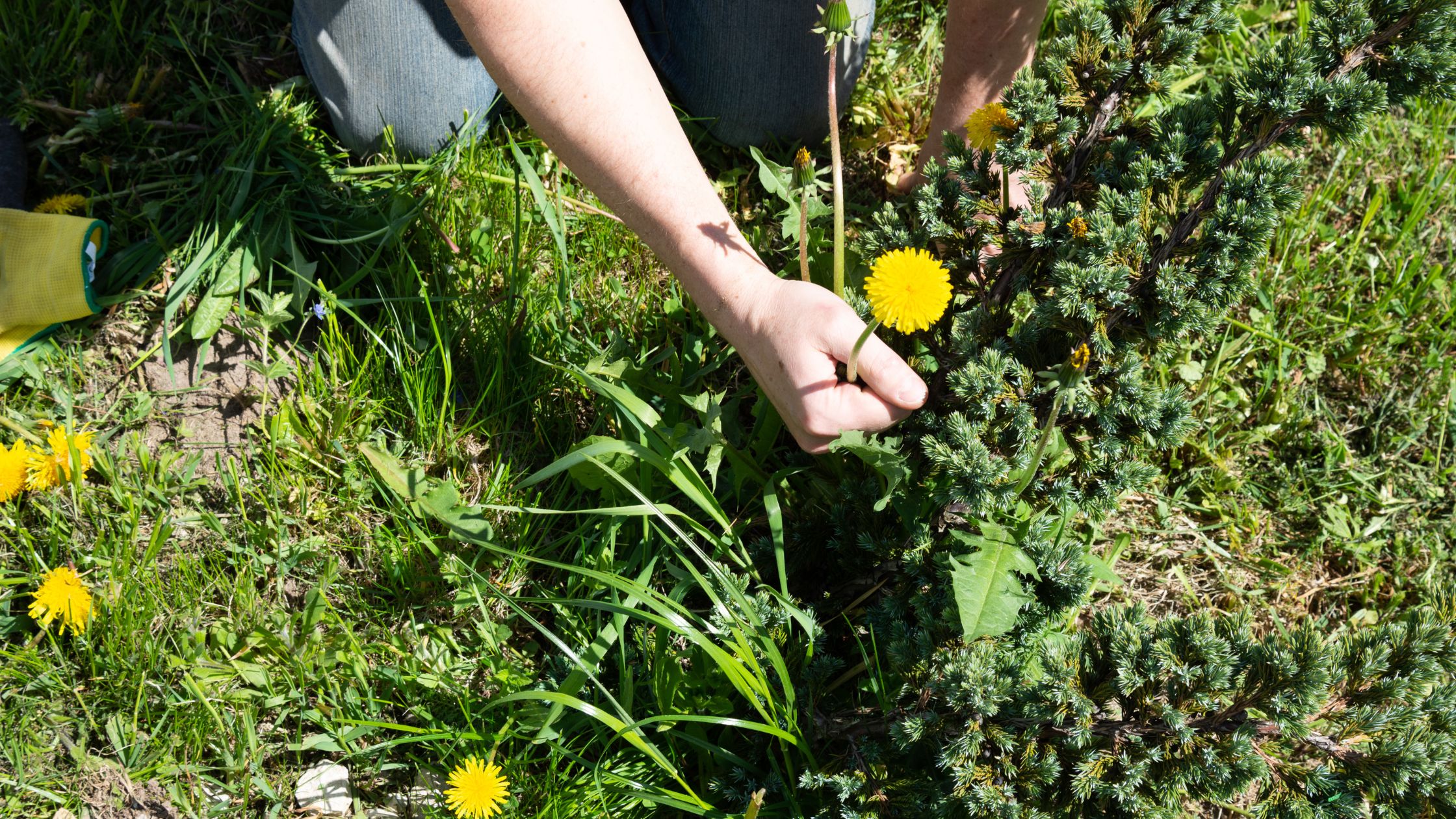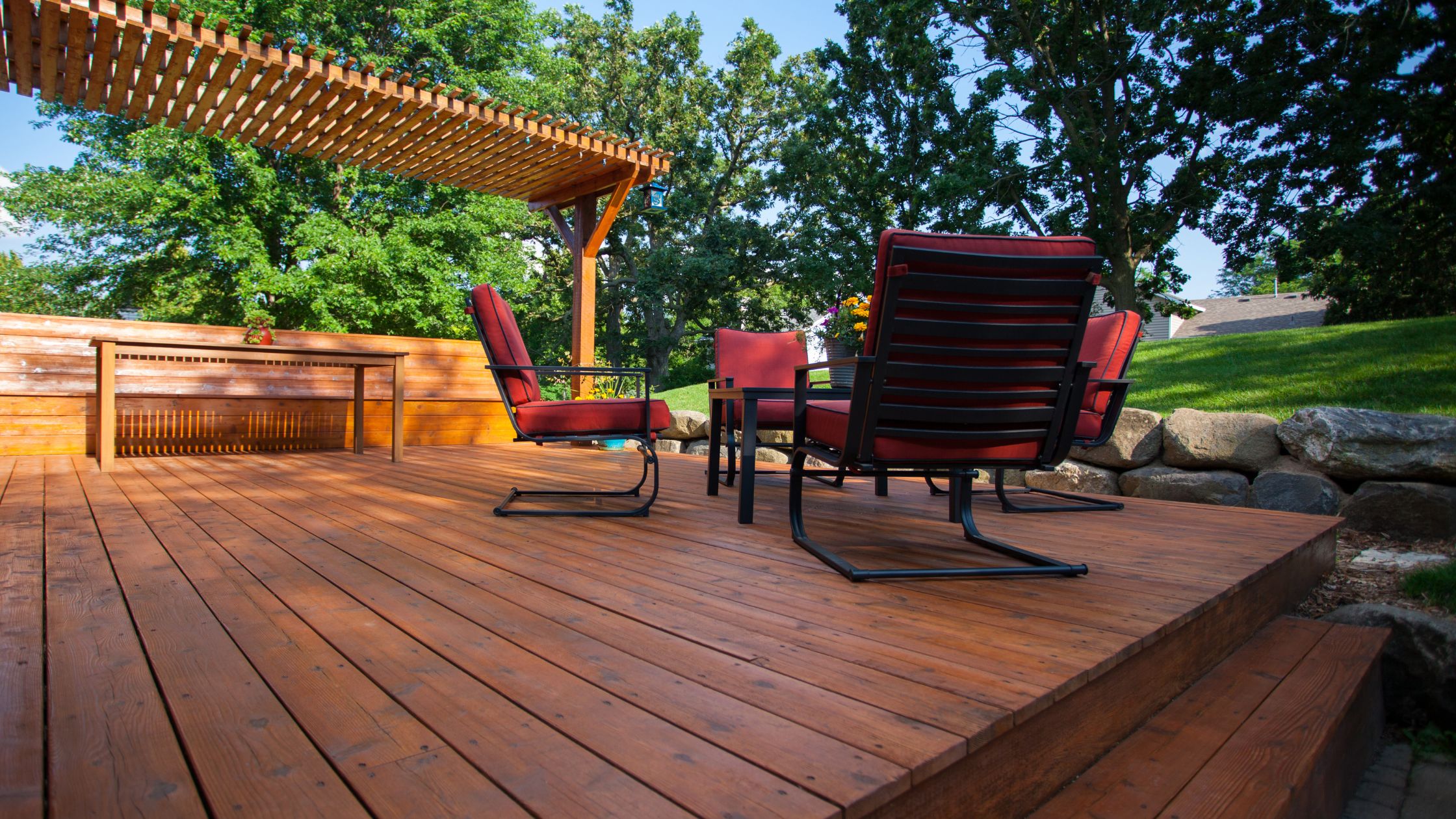10 Yard Tasks to Tackle in August Before Fall Catches You Off Guard
August in Northeast Ohio brings warm days, cooler nights, and that sneaky feeling summer’s about to slip away. It’s easy to get distracted by back-to-school chaos or late vacations — but your yard still needs attention. In fact, August is the perfect time to get...
What is Pressure Treated Wood?
Pressure treated wood is lumber that has been infused with chemical preservatives to protect it from rot, insects, and decay — especially in outdoor or high-moisture environments. It lasts significantly longer than untreated wood and plays a vital role in modern construction, landscaping, and outdoor...
Can You Plant Under a Blue Spruce or Other Evergreen Tree?
Planting under evergreen trees like blue spruce is tricky due to dense shade, shallow roots, and needle drop that acidifies the soil. To succeed, choose shade-tolerant, shallow-rooted plants and improve the soil with compost and regular watering. Can You Plant Under a Blue Spruce or Other...
Lily of the Valley
The Complete Guide to Lily of the Valley A fragrant groundcover that thrives in shady, difficult spaces 🌱 Quick Overview Botanical name: Convallaria majalis Common name: Lily of the Valley Type: Perennial groundcover Zones: USDA 3–8 Light needs: Part to full shade Soil: Rich, moist, well-draining, slightly...
Pachysandra
🌱 Quick Overview Botanical name: Pachysandra terminalis Common names: Japanese Spurge, Carpet Box Type: Evergreen groundcover Zones: USDA 4–9 Light needs: Full to part shade Soil: Moist, well-draining, slightly acidic Growth habit: Spreading mat via underground rhizomes Mature height: 6–10 inches Life Cycle of Pachysandra Pachysandra is...
Can You Still Install Raised Beds or a Garden in July?
Yes, you can still install raised beds or start a garden in July in the Cleveland area. With proper plant selection, soil prep, and a smart watering strategy, July gardens can thrive — especially when using raised beds for late-season vegetables, herbs, or pollinator-friendly flowers. Can...
How Long Deck Stain Takes to Dry (And When You Can Use It)
Most deck stains take 24–48 hours to dry before heavy use, but full curing can take up to 7 days. Dry time depends on weather, wood condition, and the type of stain used. Walking on it too soon or moving furniture back early can ruin...
Deck Stain Trends for Modern Outdoor Spaces
Modern deck stain trends are moving toward natural wood tones, eco-conscious products, and long-lasting finishes that complement outdoor living spaces. Homeowners in Northeast Ohio are choosing stains that enhance grain, resist weather extremes, and match contemporary aesthetics like black accents and minimalist landscaping. Deck Stain Trends...
How Weather Affects Deck Stain Over Time
In Northeast Ohio, fluctuating temperatures, high humidity, UV exposure, and winter freeze-thaw cycles can seriously degrade your deck stain. Wood decks are especially vulnerable to peeling, fading, and water damage if not maintained properly. Even composite decks like Trex benefit from routine cleaning and protection....
How to Protect Your Garden Beds from Summer Heat Stress
To protect garden beds from summer heat stress, focus on deep watering, smart mulching, partial shade, and heat-tolerant plants. These practical strategies keep vegetables, herbs, and flowers thriving even during Northeast Ohio's hottest months. How to Protect Your Garden Beds from Summer Heat Stress Northeast Ohio summers...
Should You Install the Vanity or Faucet First? (Order Matters)
🔑 Key Takeaway Always install your faucet before anchoring your vanity—if the countertop is not yet attached. It’s easier, faster, and safer to mount the faucet while the top is accessible. Once the vanity is secured to the wall, tight spaces and tricky angles make faucet...
How to Grow Kale in Cleveland
Kale is a hardy, nutrient-dense leafy green that grows well in cool weather and can be harvested over many months. Start it from seed in spring or late summer, harvest outer leaves as needed, and enjoy a steady supply of greens fresh, cooked, or preserved....




